Caravel Autism Health Resources
Empower yourself with knowledge and support. Our resources page offers valuable insights, practical tips, and expert advice to help you understand autism and navigate your child’s journey.
- All
- Autism Diagnosis & Screening
- Caravel Autism Insights
- Parenting Webinars
- Sensory & Behavioral Characteristics
- Understanding Autism
- Videos
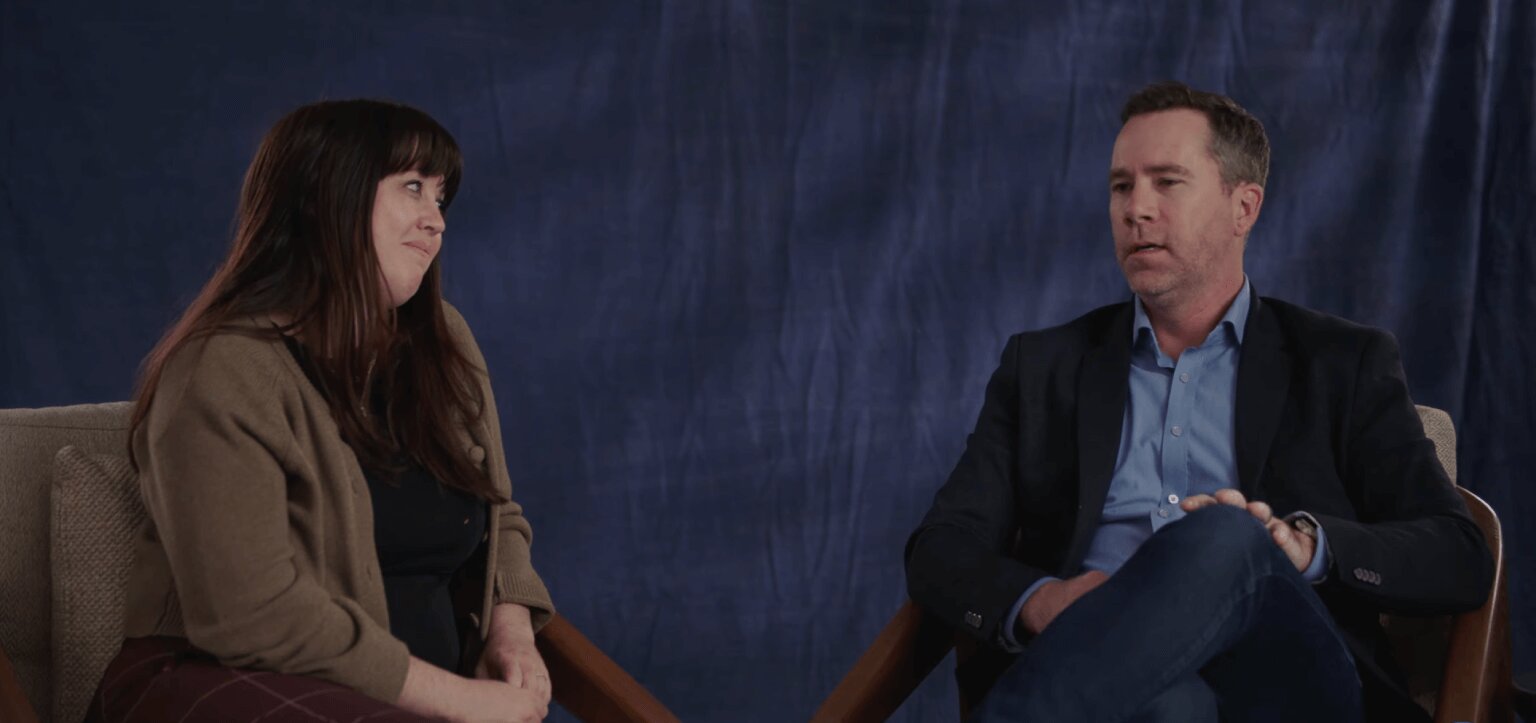
Supervision in Clinic-Based Care
Clinic-based care allows for stronger, more consistent supervision from multiple clinicians, supporting both new and…
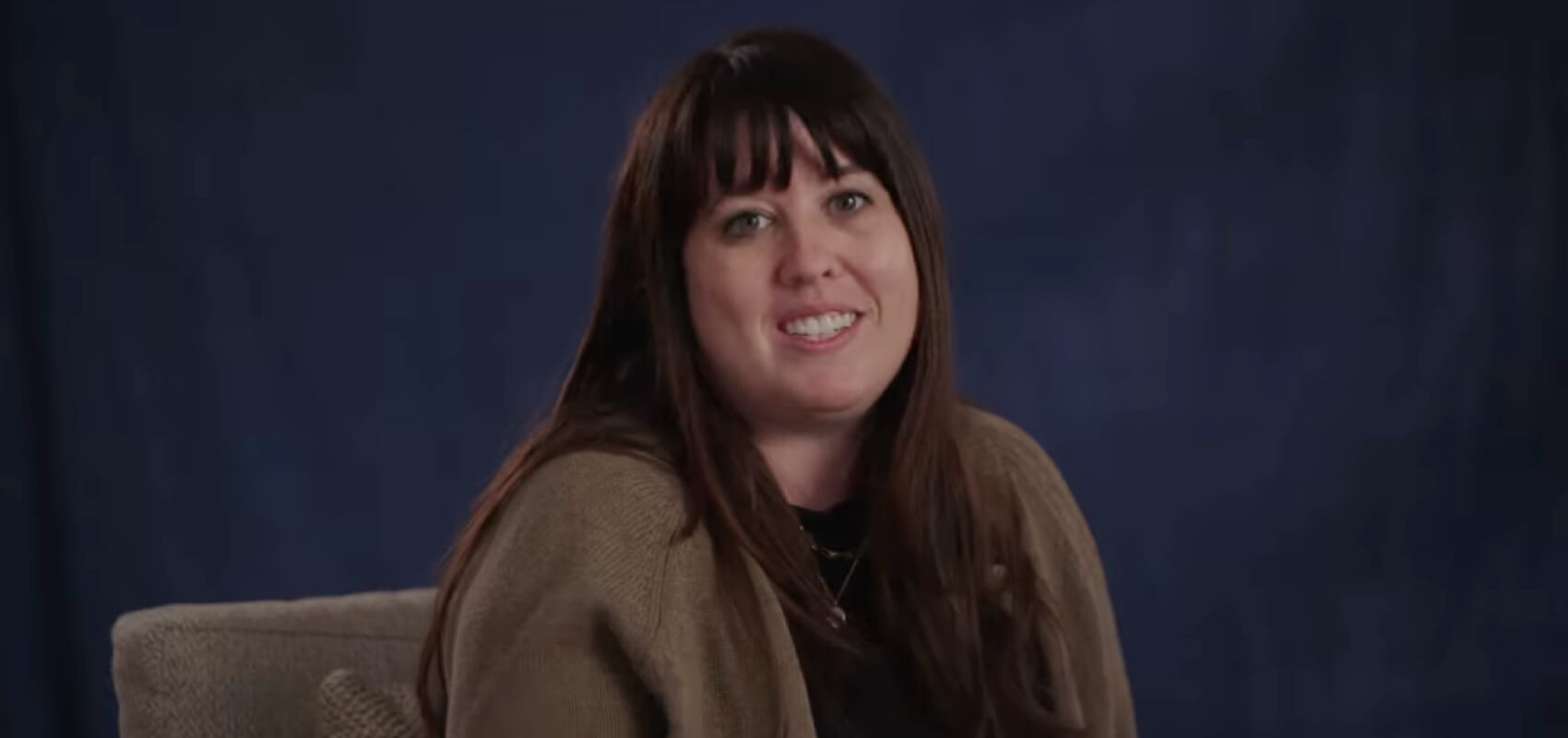
Caregiver Collaboration
Clinic-based therapy still prioritizes meaningful family involvement, just in more intentional ways. Through caregiver…
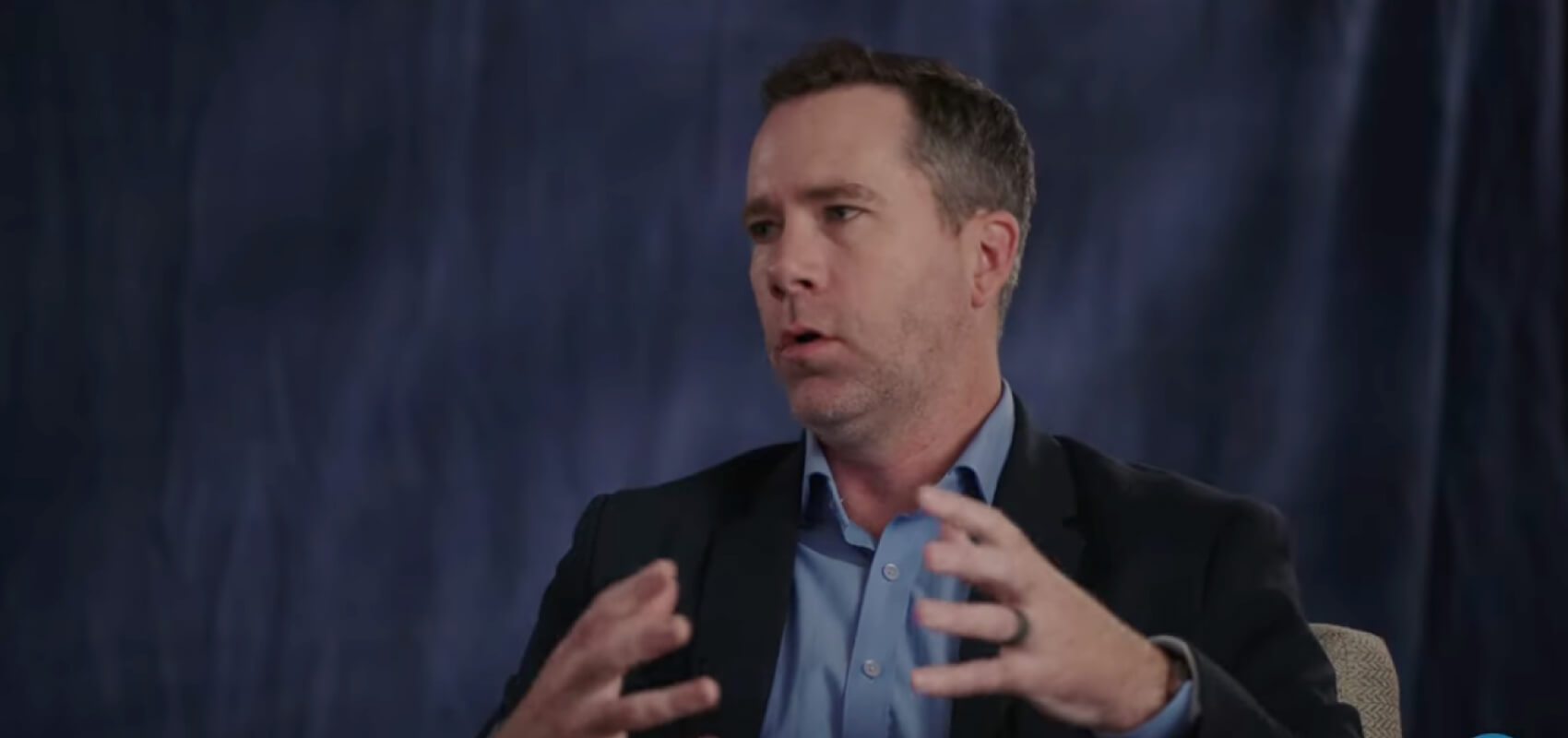
Welcoming and Importance of Family Inputs
From the moment families arrive, safety, warmth, and connection come first. Therapy is guided by assessment data and…
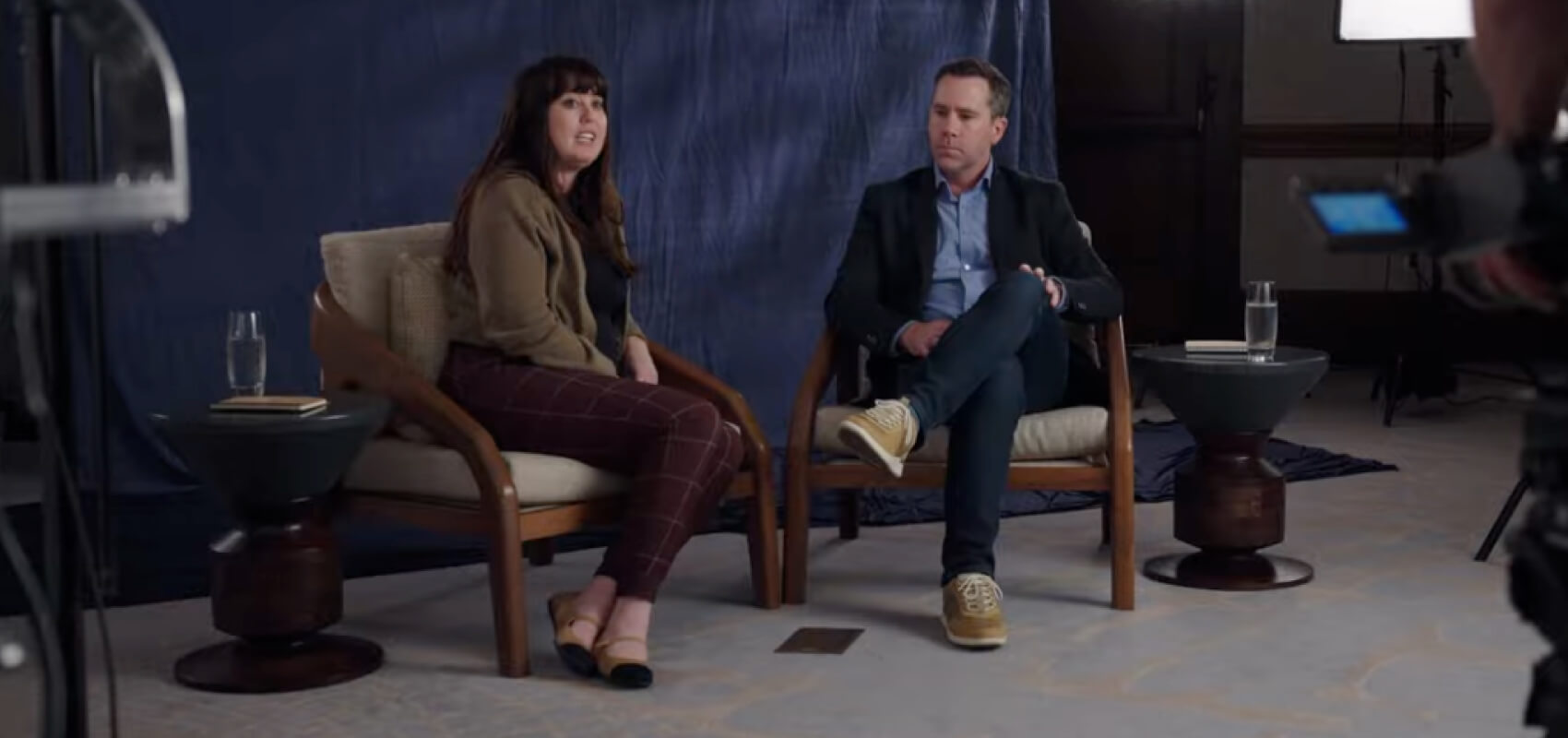
How We Design Our Clinics
Our clinics are intentionally designed to be welcoming, functional, and developmentally supportive. From movement spaces and…
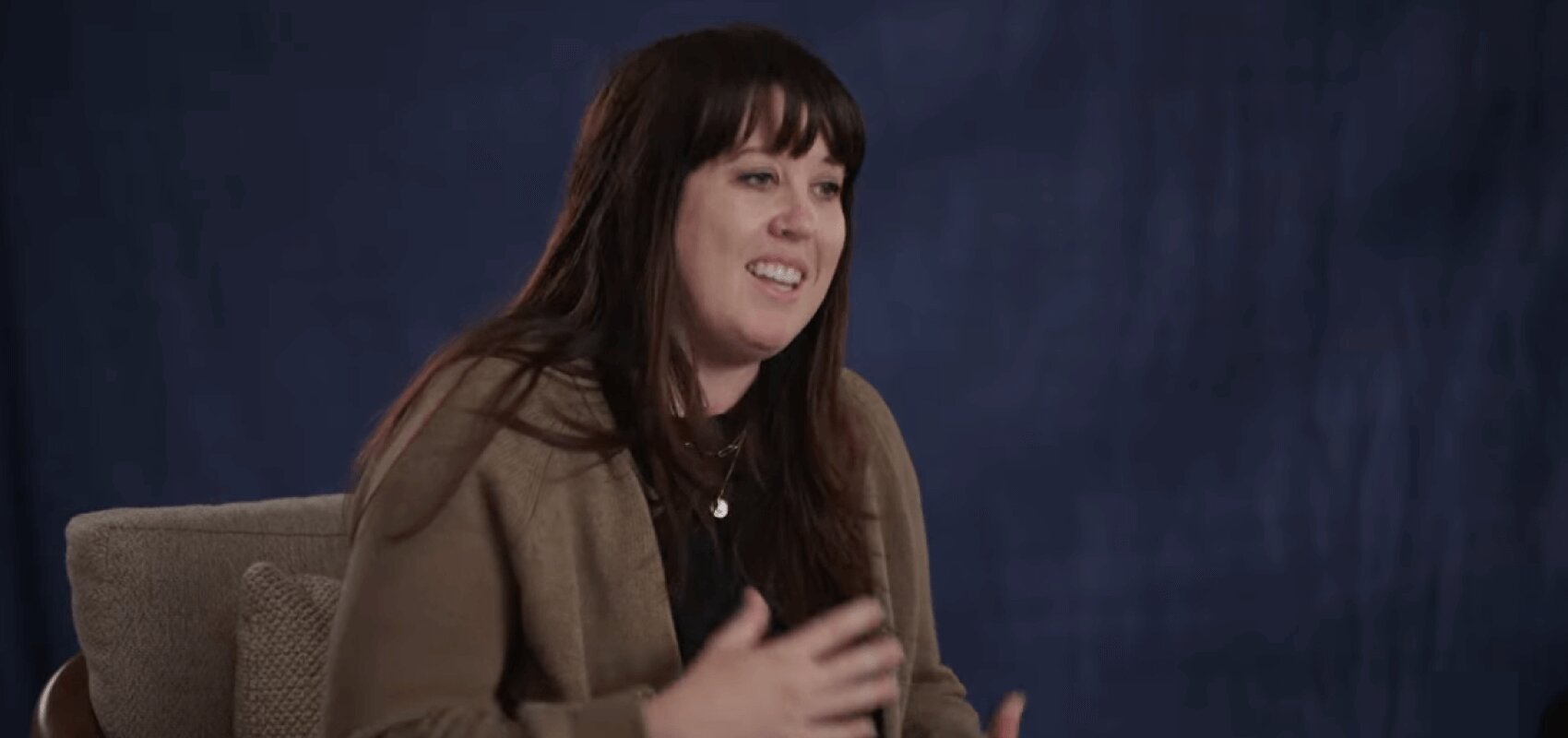
Transitions: Getting to the Clinic
Some skills need to be addressed before a child can fully participate in clinic-based therapy, and we support families…
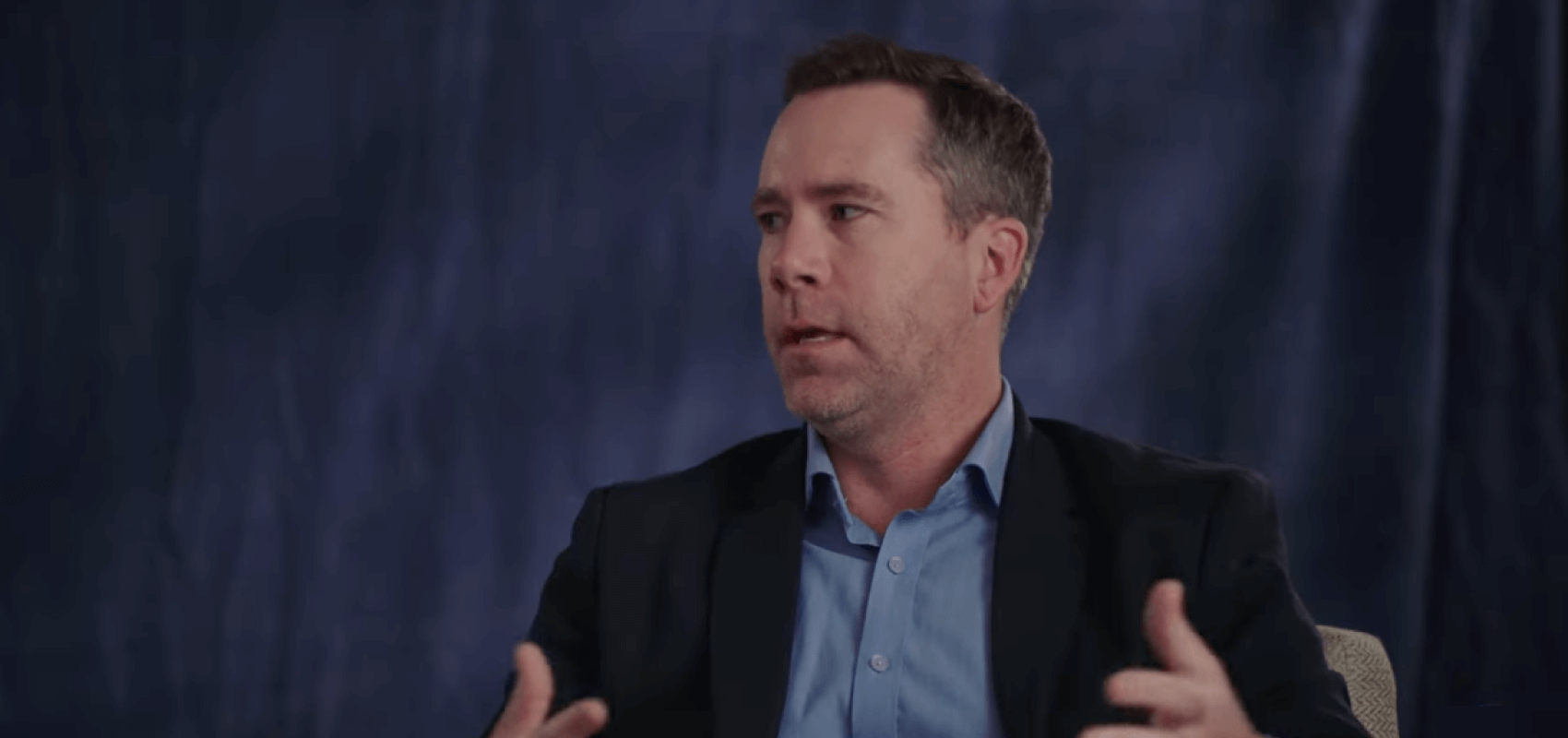
Skill Acquisition
Research shows that skills are often acquired faster in a clinic setting, helping children make the most of a limited window…
National Online Resources and Information
The CDC is one of the major operating components of the Department of Health and Human Services. As the nation’s health protection agency, CDC saves lives and protects people from health threats. CDC works 24/7 to protect America from health, safety, and security threats, both foreign and in the U.S. Whether diseases start at home or abroad, are chronic or acute, curable or preventable, human error or deliberate attack, CDC fights disease and supports communities and citizens to do the same.
The AIM project was begun in 2007 as a way to provide parents and professionals with the up-to-date information they need to help individuals with ASD achieve their highest potential.
Developed by the Ohio Center for Autism and Low Incidence (OCALI) in partnership with the Autism Society of America (ASA), the Nebraska Autism Spectrum Disorders Network, the National Professional Development Center on Autism Spectrum Disorders, and Toronto’s Geneva Centre for Autism, this series of online learning modules includes information on assessment and identification of ASDs, recognizing and understanding behaviors and characteristics, transition to adulthood, employment, and numerous evidence-based practices and interventions.
All module content has been written by ASD experts from across the U.S., including the Arizona Department of Education, the Indiana Resource Center for Autism, and the University of Miami Center for Autism and Related Disorders. In addition, OCALI staff members have designed each module to be consistent with research on how adults learn; information is presented at a universal reading level, and interactive activities both reinforce knowledge and teach learners how to make the latest research applicable to real life.
The Autism Society, the nation’s leading grassroots autism organization, exists to improve the lives of all affected by autism. They do this by increasing public awareness about the day-to-day issues faced by people on the spectrum, advocating for appropriate services for individuals across the lifespan, and providing the latest information regarding treatment, education, research, and advocacy.
Autism Speaks was founded in February 2005 by Bob and Suzanne Wright, grandparents of a child with autism. Since then, Autism Speaks has grown into the nation’s largest autism science and advocacy organization, dedicated to funding research into the causes, prevention, treatments, and a cure for autism; increasing awareness of autism spectrum disorders; and advocating for the needs of individuals with autism and their families.
The Organization for Autism Research (OAR) was created in December 2001 as the product of the shared vision and unique life experiences of OAR’s seven founders. Led by these parents and grandparents of children and adults on the autism spectrum, OAR set out to use applied science to answer questions that parents, families, individuals with autism, teachers, and caregivers confront daily. No other autism organization has this singular focus.
Frequently Asked Questions
An autism evaluation is a targeted assessment of a child’s social communication skills along with opportunities to observe and discuss restricted and repetitive patterns of behavior. An autism evaluation is important because it helps to identify (or rule out) the presence of Autism Spectrum Disorder (ASD), which opens the door to access services and supports that are not available without the diagnosis.
At Caravel Counseling & Diagnostics, we use a team-based approach to assessment. Depending on insurance requirements, a doctor may complete an initial interview with a parent or caregiver and then conduct a structured observation of the child. In other instances, a master’s level clinician (referred to as a Diagnostic Clinical Therapist) may conduct the interview and administer psychological tests to the child, with the doctor interpreting the results and providing feedback.
When looking specifically at Autism Spectrum Disorder (ASD), a diagnostician will be evaluating a child’s ability to socially connect and communicate, as well as asking about and observing restricted and repetitive patterns of behavior (e.g., simple motor stereotypes, sensory issues, and problems with change).
There is no average age to receive an autism diagnosis, and we encourage parents to receive an evaluation as early as possible when they start to be concerned about their child’s development. We can start seeing signs of social communication deficits as early as 12 months of age, with restricted and repetitive patterns of behavior emerging between 12 and 36 months of age.
Included in the evaluation process is an initial interview, which can take anywhere from 30 to 60 minutes. Following the interview, depending on the evaluation format, the assessment can take 30 minutes to three hours. Finally, there is a parent/caregiver feedback appointment, which can take, depending on the amount of information to discuss, 30 to 60 minutes.
If your child receives a telehealth evaluation, depending on his or her age and level of communication skills, you can expect to support the doctor’s observations by engaging in a number of structured activities with your child (older children with more developed communication skills will interact directly with the doctor). If your child receives an in-person evaluation, depending on his or her age and level of communication skills, you will be asked to sit in the room with the technician as the tests are administered to your child. If your child is older and has age-appropriate language skills, you may be asked to wait in the waiting room.
Both terms are used, often interchangeably, but each can have its own specific implications. Caravel Autism Health chooses to use the term “autism therapy” because it most accurately represents what we do. Our methodology (and the principles of ABA) involve developing a child’s verbal and social skills—a “therapy” approach—to promote better quality of life for the child and their family. The word “treatment” is often associated with the use of medications and can also imply a “cure” or a guaranteed outcome. There is no “cure” for autism, but through the therapy that Caravel provides, children and their families can experience better, more fulfilling life outcomes.

